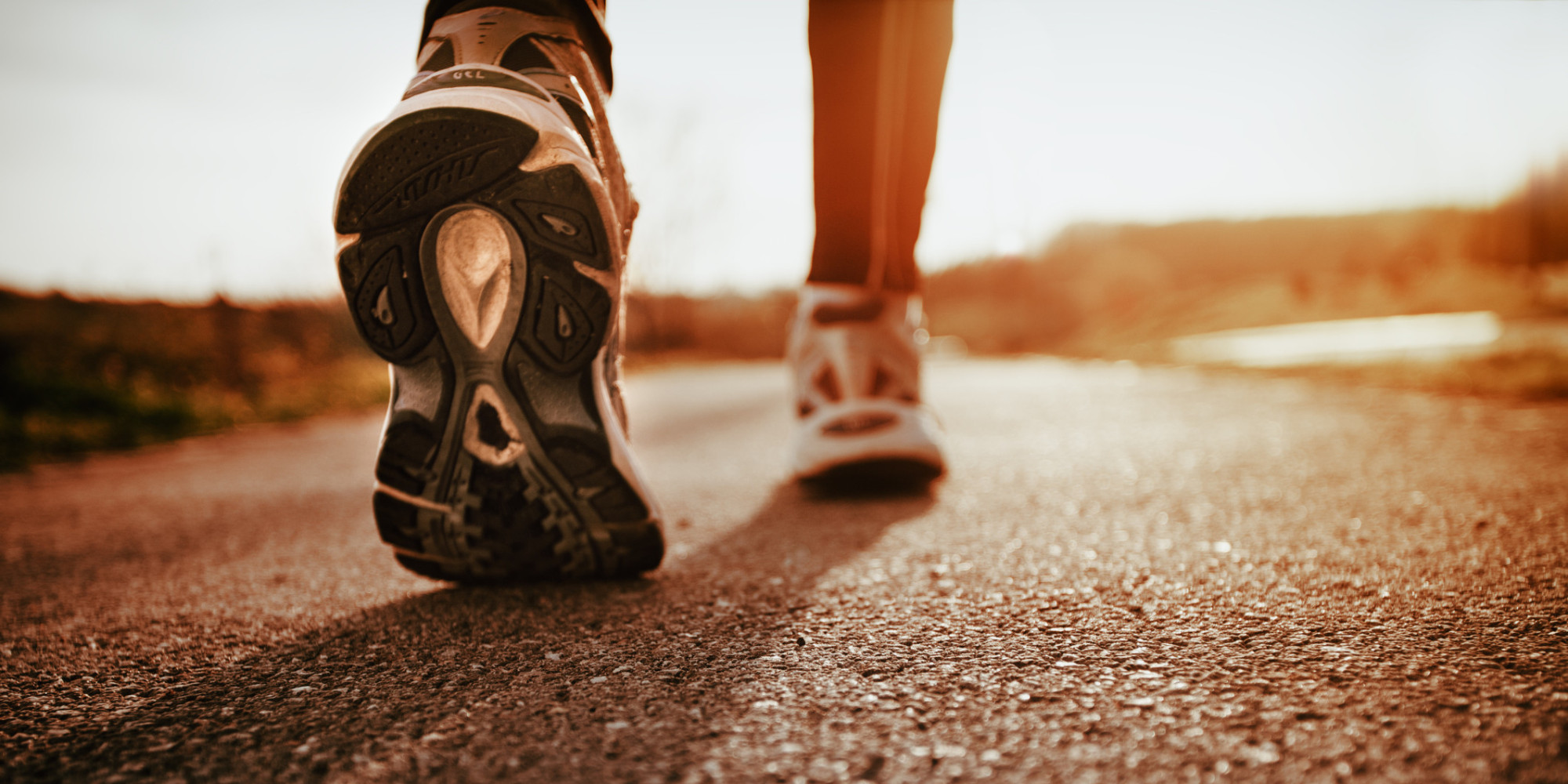Walking is a fundamental activity that transcends mere locomotion; it serves as a metaphor for personal growth, spiritual exploration, and communal connection. In the context of Bahá’í teachings, walking embodies a journey—one that is not only physical but also an intrinsic voyage toward enlightenment and understanding. This exploration of one’s self, society, and the universe reflects the principles found in the Bahá’í Faith, which emphasizes unity, justice, and the importance of a life well-lived. This article explores the significance of walking as a spiritual practice and a method of engaging with the world and our inner selves.
The Symbolism of Walking
Walking is rife with significance within the Bahá’í teachings, acting as a potent symbol of the journey toward spiritual and personal development. The act itself requires intention and presence—it is a conscious movement toward a destination. This concept serves as a microcosm of larger existential questions about purpose and direction in life. Bahá’í teachings advocate for individuals to ardently pursue knowledge and understanding. Just as physical walking encourages exploration of the external world, so too does it encourage a contemplative engagement with the internal landscape of one’s soul.
A Personal Exploration: Walking as Reflection
Engaging in regular, mindful walking can help individuals navigate their thoughts and emotions. This introspective journey prompts a deeper reflection on one’s values and beliefs, which aligns with the Bahá’í emphasis on self-examination. Walking becomes a catalyst for contemplation and a vehicle for spiritual conversations, whether with oneself or in community settings where shared dialogues enhance collective understanding.
Through the rhythmic motion of walking, individuals may ponder the principles of equality, justice, and unity—cornerstones of Bahá’í doctrine. These teachings stress that personal transformation is inexorably linked to social action; hence, walking can be seen as a preparatory exercise as one embarks on the more significant journey of serving humanity and fostering community building.
Walking as an Act of Service
The Bahá’í Faith emphasizes service to humanity as an essential aspect of worship. Every step taken on this physical journey can embody a commitment to the alleviation of suffering and the promotion of peace and justice. Walking in solidarity with marginalized communities or aligning one’s path with the cause of social justice illustrates the interconnectedness of all humanity—a fundamental belief in Bahá’í teachings.
Whether it is through participating in community walks dedicated to raising awareness or engaging in peaceful demonstrations for human rights, the act of walking transcends its physicality, evolving into a powerful statement of intention. Each footfall resonates with the Bahá’í conviction that advancing social change is equivalent to advancing one’s spiritual quest.
Walking Towards Unity: A Global Perspective
The Bahá’í concept of unity transcends geographical borders, cultural divides, and ideological differences. Walking towards this universal goal requires an openness to diverse experiences and perspectives. As individuals move forward, they embody the very essence of Bahá’í teachings that emphasize the importance of a global community—one that recognizes the legitimacy of various viewpoints while steadfastly pursuing common objectives.
In practice, this means that every step becomes an invitation to foster connection with others. As one walks through parks, city streets, or nature trails, opportunities abound to interact organically with people from various walks of life. These interactions not only enrich personal understanding but also sow the seeds of camaraderie and empathy, which are crucial in building a peaceful society.
The Therapeutic Aspects of Walking
In addition to its philosophical implications, walking offers tangible therapeutic benefits—both mental and physical. The Bahá’í teachings advocate for the holistic integration of body, mind, and spirit. By engaging in walking as a regular practice, individuals can experience enhanced well-being that fosters clarity of thought, emotional stability, and spiritual rejuvenation.
Studies show that engaging in physical activity contributes to a reduction in anxiety and depression while enhancing one’s overall sense of happiness and fulfillment. For Bahá’í followers, this reinforces the integral connection between a healthy body and a vibrant spiritual life. Walking becomes not only an expression of one’s faith but also a means of nurturing the vessel that houses the soul.
Conclusion: The Journey Ahead
In the grand tapestry of existence, every individual’s journey is unique, yet they are united through the shared experiences of walking. The Bahá’í teachings illuminate the pathway toward understanding and connection, urging followers to embark on this journey with sincerity, purpose, and compassion. Each step taken in contemplation, service, and unity builds toward a future filled with hope and enlightenment.
In essence, to walk is to journey—not just across places, but also toward a deeper understanding of oneself and one’s relationship with others. As individuals embrace the act of walking, they engage in a profound exploration that aligns with the spiritual tenets of the Bahá’í Faith, ultimately leading them closer to the realities of love, service, and genuine connection.
